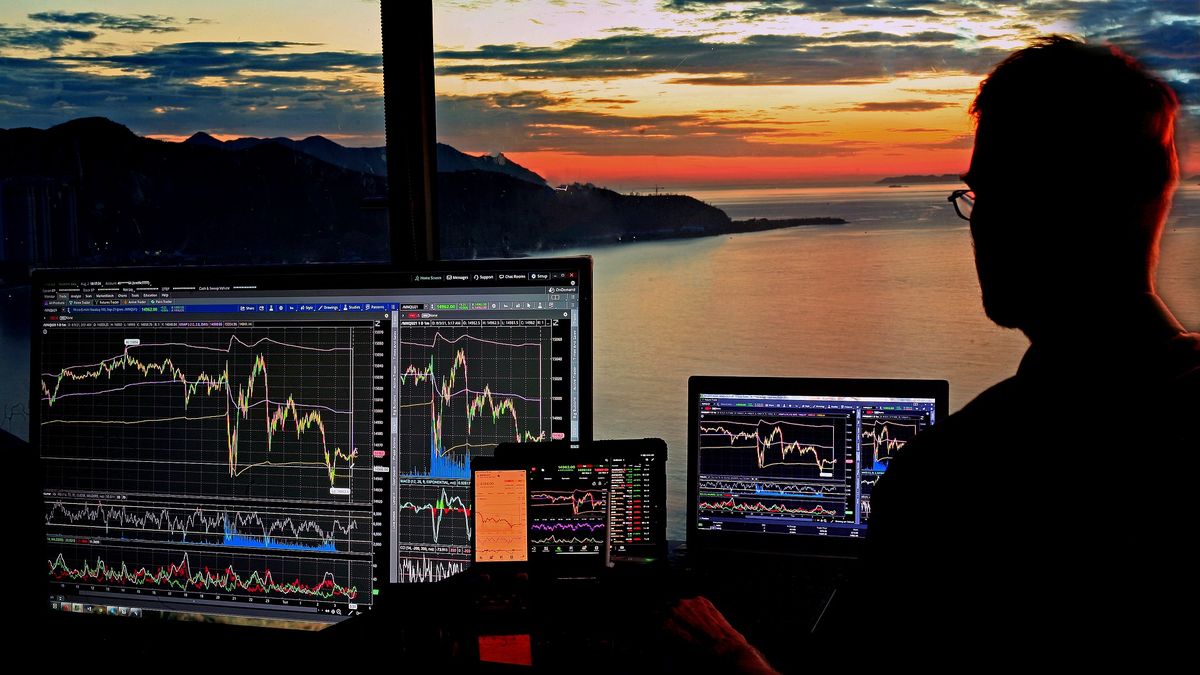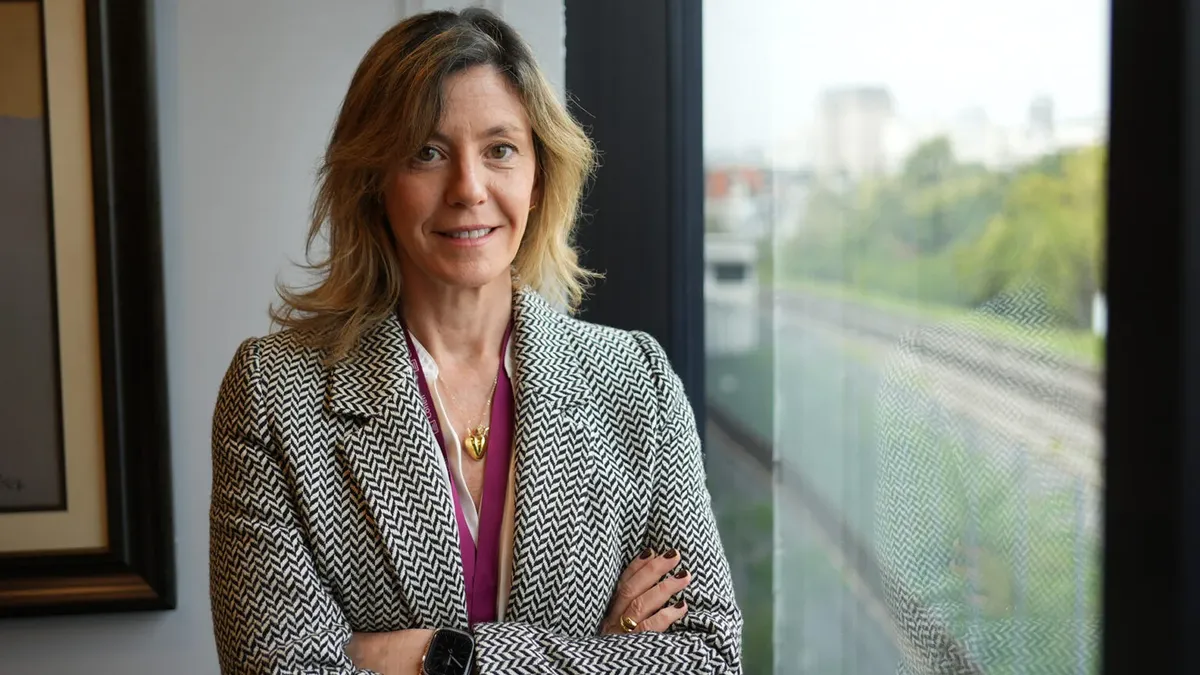I have a financial background, but I studied international economics and political science. I will never write saying that men of finance are inferior, nor that social scientists are especially intelligent. However, I am convinced that when the slowest Argentine financial executive meets with the most reputable macroeconomists, he frequently runs over them. That is true and has been extremely dangerous since December 2023..
My point today is that, The style of thinking required to analyze a country’s economy does not match the profile of a finance executive.The qualities necessary to organize a country are very different from the different reasons that lead to the success of financial businesses. If we can understand this difference, we will be able to realize that we cannot continue to manage matters of State as if it were logical to do business from the BCRA desk, buying and selling alternative dollars and public securities.
Finance executives generally do not understand the importance of production and job creation, and they do not think about issues related to development, unemployment, wages, poverty, indigence, etc. They are people who take their knowledge of finance too seriously.
The reason for their psychological blindness is not the events that occur, but the way they perceive the facts, that is how they have been trained. Business schools study cases of successful entrepreneurs so that they can be admired. There, Jeff Bezos and Warren Buffett are more famous than the losers: Nelson Mandela and Mother Teresa..
What is a trader?
These are very bold people who are not afraid of losing investors’ money. A trader is an important executive who, at a table of two or three dozen colleagues, is in charge of managing and analyzing the different types of variables that appear in the market to estimate when is the best time to sell or buy assets. He then places his order and carries out the operation.
It is a scalable, competitive profession that produces inhumane, empathy-free skills that are much more random than others. There are huge disparities between the efforts and the rewards obtained compared to other disciplines. A surgeon or a dentist never gets rich in a few months, but of course they cannot lose everything overnight either.
Milei Dollars Dollarization.jpg
Milei’s obsession: dollars.
I have had the privilege of working with traders who suffered from addictions and who occasionally faced a crisis so they could be helped. People who practice this profession suffer from a high degree of randomness and suffer more than they should from the toxic effect produced by the vertigo of the markets.
The social reality of the economy and the markets is not polite, and its own version of rationality does not correspond to the conventional definition held by people who are very good at trading but intellectually uncultivated.
Who is the best trader?
The Messi of Finance. No. No one is Messi in the professional sense, which can be insulting the motivation behind this analogy. Messi for what and for whom? That nickname was invented by Marcos Peña, or by someone who gave it to him to repeat. Julián Yosovitch earned around 500% last year, obtaining a return of more than 20 times the S&P500. In 2024, world trading champion Iván Scherman also gained more than 160% in 2023 and is second in the global trader ranking.
They are timberos par excellenceI know one who makes models and he is still banned from certain casinos because he “counts cards”, bets on roulette, races, etc. But in my opinion, he must underestimate his chances of winning because he visualizes large amounts of money, he is so blind that he treats the one in a thousand in the same way as the one in a million. There are issues that are beyond the scope of models.
The various studies available on the success rate of those who try to become traders warn us that in this biosphere, there is a failure rate of around 90% of those who try to remain.
They do not understand sovereignty or any social science
Right now the Banking Association has denounced that the BCRA They are taking gold out of the country, which could be used as collateral for a loan from the Bank of Basel. If at any time we were to stop paying, if we “reprofiled due dates,” if we had any mishap, they would execute us without further ado. Providing gold collateral to receive dollars, turning around and delivering them through the Cash Settlement (CCL) market is reckless.
The ideologues behind this farce will only see the crisis when the “little money” stops spinning. They are hiding a reality that will take its toll, sooner rather than later. They believe, and make the average citizen believe, that unemployment, poverty, the fall in wages, the mortality rate due to the elimination of the subsidy for oncological medication (this fact is real); are the result of the honesty of the economy, while, ultimately, we see the application of an abstract maxim: “the surplus is not negotiable.”
It must be because there were real difficulties before this government, that is true; but since December 10, apart from the fiscal surplus, all the other issues have worsened, including the inflation rate, until now.
The psychological alienation produced by running after securities, dollars and debt is nothing more than the expression of an underground and adverse reality: the neoliberal decadence discovered in 2008 throughout the world, the decomposition of the model incapable of overcoming its essential contradictions, saturated by use and abuse, increasingly stronger from the manipulation of its own codes.
The pseudo program in force in Argentina lost the legitimacy of origin that it may have had over the months, having appeared as a factor of change in Argentina. The real madness is no longer the original theoretical abstraction that it brought. Mileibut rather the creation of opposing theoretical frameworks to maintain the financial cycle that has already cost us an increase in public debt of 74 billion dollars.
On board the convoy that is approaching to crash into reality, with 47 million Argentines, judging by the results, the cruel program seems unviable. There are three sources on which experience can be based: observation, history and judgment by analogy.
The distrust, uncertainty and skepticism of the IMF, JPMorgan, Moody’s warning, investors not investing, is becoming a wave of discontent that is reflected in the Risk countrywhich begins to knock on one of the doors of the empirical tripod: judgment by analogy.
The huge public debt is still ahead and there is no zero probability that, if something goes wrong, the country will end up in default. There is a certain fear generated among international holders, holders of puts, of overnight repayments, who are seeing a restructuring coming, perhaps not very “voluntary”.
If we study finance, and suddenly we know all the possible conditions of a system, we could in theory, but not in practice, project behavior into the future. But this would refer only to inert things. In social issues, we find an impediment: projecting the future when (human beings who make up the market) are involved is something completely different.
Traders are active individuals, assigned by God with free will. We cannot foresee how greed and fear will act in the markets – traders are people – and what is worse, we cannot avoid the consequences that a new erroneous official communication, or the “herd effect”, may cause.
Director of the Esperanza Foundation. https://fundacionesperanza.com.ar/ Professor of Postgraduate Studies at UBA and Masters in private universities. Master in International Economic Policy, Doctor in Political Science, author of 6 books
Source: Ambito
David William is a talented author who has made a name for himself in the world of writing. He is a professional author who writes on a wide range of topics, from general interest to opinion news. David is currently working as a writer at 24 hours worlds where he brings his unique perspective and in-depth research to his articles, making them both informative and engaging.




